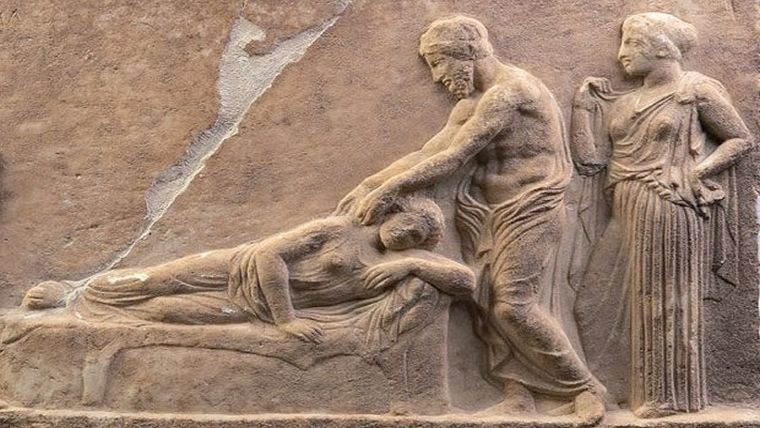IPHA member Cameron MacDonald, along with Peter Osmothely, Robert Parkes and Darren Rivett have recently published an article in the Journal of Manual & Manipulative Therapy looking at the ongoing debate around the regulation of manipulative therapies in America.
In the article, they take an historical approach to the question and explore the historical evidence tracing the origins and development of manipulation. Their goal in the paper is to offer a ’fresh and informing perspective’ on the current debate dividing physiotherapy from chiropractic, doctors, and osteopaths, and to ‘step aside from a turf-based approach and dive deeper to understand what drove multiple professions to develop and provide manipulative interventions as part of their practice in the late nineteenth century and the early twentieth century’ (p.1).
Tracing manual therapies from the earliest recordings, through the development of manipulation as a distinct branch of healthcare, and up to the present day, the paper briefly argues that there has been more historically in common amongst manipulative therapists than is often understood.
They argue that;
’History informs us that the PT, DO, DC and MD professions borrowed heavily from traditional healers, bone-setters and a common societal need for better healthcare. This is not to deride any profession but to highlight the potential that a common genesis is shared between professions’ (p.3).
Cameron’s historical work into the history of manipulation is the main focus for his PhD, and his research has so far taken him to Sweden, London, and across the US, to examine historical archives dating back into the 19th century and beyond.
Reference
Cameron W MacDonald, Peter G Osmotherly, Robert Parkes & Darren A Rivett (2019) The current manipulation debate: historical context to address a broken narrative, Journal of Manual & Manipulative Therapy, 27:1, 1-4, DOI: 10.1080/10669817.2019.1558382

